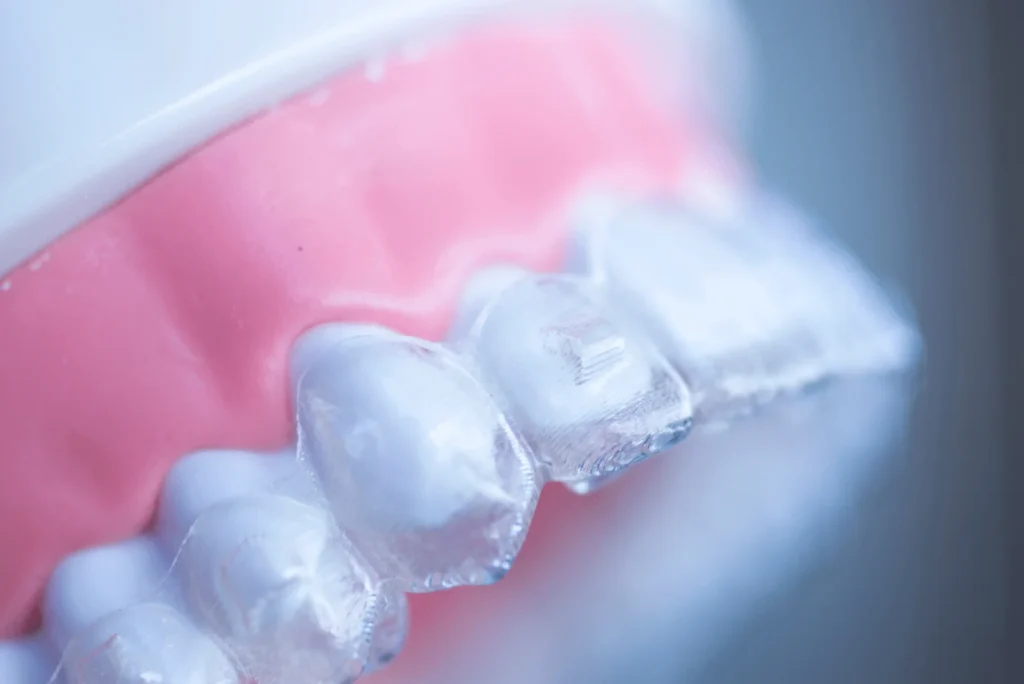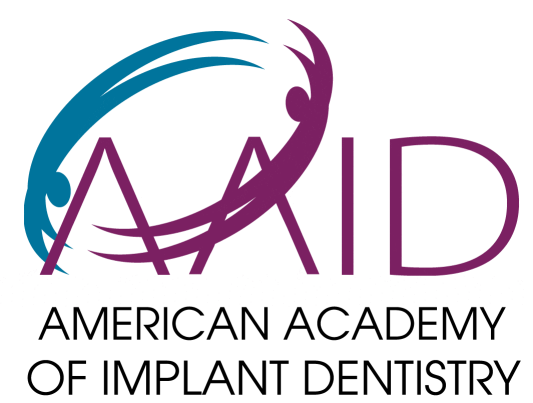Does Invisalign help with jaw pain is a question we regularly hear from patients at Lansdowne Family Dental who are dealing with temporomandibular joint (TMJ) disorders, teeth grinding, or bite-related discomfort alongside their desire for straighter teeth. Yes, Invisalign can often help reduce jaw pain by correcting bite misalignments, reducing teeth grinding habits, and improving overall jaw positioning, though it’s important to understand that results vary depending on the underlying cause of your jaw discomfort.
When jaw pain stems from malocclusion (improper bite), crossbites, overbites, or underbites, Invisalign’s ability to properly align teeth and improve bite function can significantly reduce stress on the jaw joints and surrounding muscles. Additionally, many patients find that wearing Invisalign aligners acts as a protective barrier between upper and lower teeth, reducing nighttime grinding and clenching that often contributes to morning jaw pain and tension headaches. However, severe TMJ disorders caused by structural jaw problems may require additional treatment beyond orthodontics, which is why proper diagnosis and treatment planning are essential.
At our dental practice, with over 15 years of Invisalign experience, we thoroughly evaluate each patient’s jaw function and bite relationship to determine whether clear aligner therapy can address both their alignment goals and jaw pain concerns. In this comprehensive guide, we’ll explore the connection between bite problems and jaw pain, explain how Invisalign can provide relief, discuss treatment expectations, and help you understand when orthodontic treatment might be the key to reducing your jaw discomfort.
What Causes Jaw Pain?
There are a few potential causes of jaw pain:
- TMJ disorders – Temporomandibular joint (TMJ) disorders affect the joints connecting your jawbone to your skull. Issues with these joints can cause pain in the jaw, face, neck, shoulders, and more.
- Teeth grinding/clenching – Grinding or clenching your teeth, especially at night, puts pressure on your jaw joints and muscles, resulting in soreness and pain. This habit wears down tooth enamel as well.
- Misaligned bite – If your top and bottom teeth don’t properly align, it can put strain on your jaw joints and cause pain.

How Does Invisalign Work?
Invisalign straightens your teeth using a series of clear, custom-fit aligners that are switched out every 1-2 weeks. Each new set of aligners applies controlled forces to shift specific teeth into an improved position.
Over the treatment period, Invisalign:
- Straightens crooked, crowded, or gapped teeth
- Corrects overbite, underbite, crossbite and other bite issues
- Aligns your top and bottom teeth for an ideal fit
As your teeth shift into alignment, your bite becomes balanced. This takes pressure off the muscles and joints in your jaw, preventing pain.
Benefits of Invisalign for Jaw Pain Relief
Recent studies show that Invisalign is effective for treating TMJ disorders. Aligners can reconstruct proper occlusion between upper and lower teeth, balancing your bite. This corrects alignment issues contributing to jaw pain.
Specific benefits of Invisalign include:
- Improves bite alignment – Fixes misalignment between top and bottom teeth
- Relieves jaw tension – Corrects over or underbite to release strain on jaw
- Prevents teeth grinding – Aligners keep teeth in position, stopping grinding
- Comfortable to wear – Thin, smooth design doesn’t irritate jaw joints
- Lessens damage to enamel – Prevents wearing down tooth surfaces from grinding
- Allows you to speak and drink – Can be temporarily removed unlike braces
Patients see a notable reduction in jaw pain and discomfort after using Invisalign to realign their teeth and improve their bite.
Our Professional Recommendation
Does Invisalign help with jaw pain? Yes. Based on our experience, Invisalign is highly effective for relieving jaw pain issues caused by TMJ disorders, teeth grinding/clenching and misaligned bites.
By straightening your bite and cheeks, Invisalign removes the underlying dental problems contributing to jaw joint strain. It also prevents further damage from teeth grinding.
While pain medications only mask discomfort, Invisalign treats the root cause for long-term results. Most of our patients find it more comfortable to wear than traditional braces as well.
If you suffer from chronic jaw soreness, tension or damage from grinding, Invisalign can help resolve these problems. Schedule a consultation today to discuss your symptoms. Our dentists will advise if you’re a good candidate for Invisalign treatment. We’re here to help you achieve a healthy, pain-free smile.






